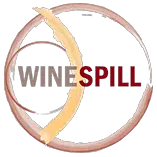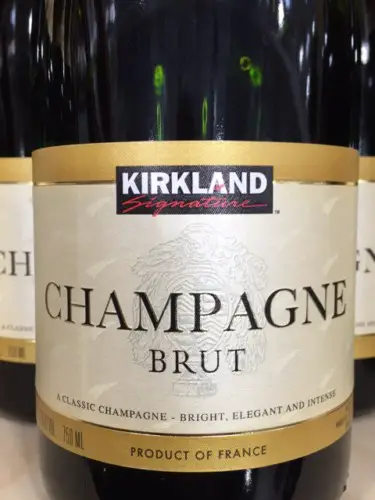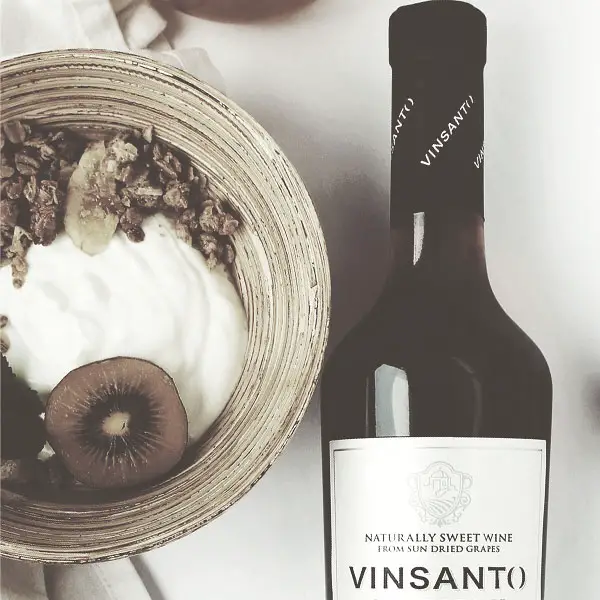
WINE, A SUPER DRINK
You owe your life to Louis Pasteur’s obsession with alcohol.
Wine, a super drink, full of antioxidants that may prevent illness and flush your body of toxins. Wine has also been a product with claims to strengthen your bones and your heart. Not to mention the atonement it absolves as it is served every Sunday at the altar.
“Wine is the most healthful and most hygienic of beverages.”
― Louis Pasteur
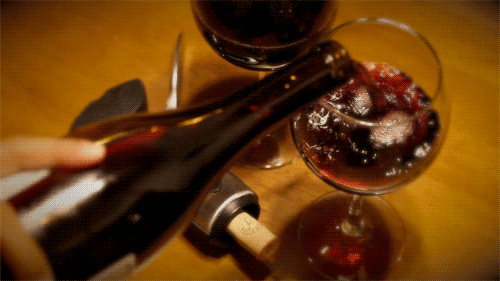
I have been drinking wine for many years, not just for its acquaintance with a healthy lifestyle, but because I do like the many flavors of red wine. The Mayo Clinic has done research connecting resveratrol as a ‘key ingredient’ to the reduction of blood clotting by decreased inflammation of the blood vessels’ lining. Albeit there are many additional studies needed to determine the effect of the polyphenol antioxidant resveratrol on health. Resveratrol is found on the skin of grapes, and yes, the skin of both red and white grapes. The reason that red wine commands more of the attention connects with the extended length of time that the skin of the red grapes are fermented. In theory you could drink grape juice and get the same health benefits as drinking red wine, but without the lively and entertaining atmosphere.
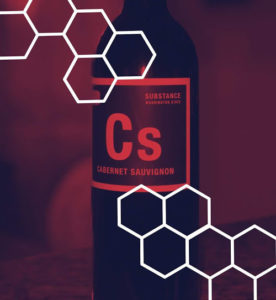
There is another chemical structure of wine and resveratrol that claims to dissolve fats and their attachment to organ tissues. Could it be the gatekeeper of fat to our bodies! The University of Denmark conducted a study of the involvement of daily wine consumption and a tiny waistline. Sign me up! Really, how do they get people to do these studies and why do I not know about them?
In the mid-19th century the studies of the day were associated with wine going bad. Do you know the reason the sommelier lets you taste that bottle of wine before pouring? To see if it suits you? Not at all, originally it was to see if the bottle had gone bad. This will not happen today thanks to Louis Pasteur. He was hired by French Emperor Napoleon III, nephew to Napoleon Bonaparte, to discover why wines went bad and then to fix this problem. No pressure to Pasteur who was captivated by the science of alcohol and saving it from a tainted fate.
Yeasts of wine and beer
Pasteur was studying different kinds of microbes and different yeasts. These were sourced from different hosts, such as beer, vines, cheese, rotten wood, trees and truffles; and human urine, intestines, mouth, skin and hair. Pasteur’s work on beer and wine yeasts gives some account of different yeasts. In 1876, in his Études sur la Bière, he wrote:
By the 1870s, even von Liebig had undergone a partial volte face, for he now acknowledged yeasts as living beings: ‘The development of a plant and the multiplication of the yeast fungi depend on the presence and assimilation of nutritive substances which become integral parts of the living organism …
He still rejected the concept of fermentation as physiological. He seemed to have a difficult time interpreting the experimental evidence: for he was unable to distinguish between growth of the yeast and its utilization of substrates. He wrote:
The opinion that the decomposition of sugar during fermentation depends on the development and multiplication of yeast is incompatible with the fact that the yeast produces fermentation in a pure solution of sugar; the yeast consists of substances mostly rich in nitrogen and containing sulphur; it also contains a significant quantity of phosphate, and it has been difficult to understand how, in the absence of these elements in the pure sugar solution undergoing fermentation, the number of cells can be augmented.
Ref: https://onlinelibrary.wiley.com/doi/full/10.1002/1097-0061%2820000615%2916%3A8%3C755%3A%3AAID-YEA587%3E3.0.CO%3B2-4
